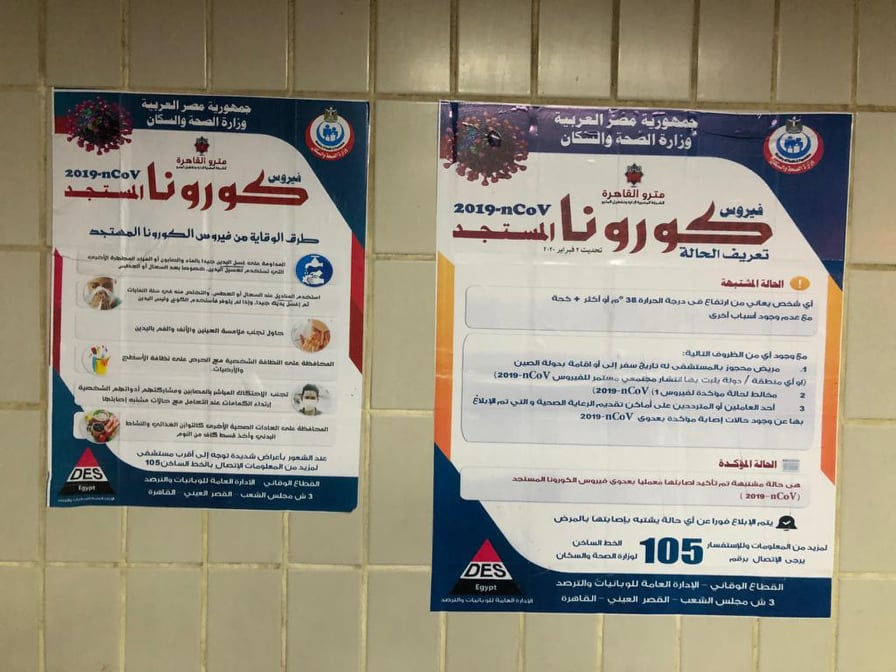
To combat the growing spread of COVID-19 in Egypt, the Egyptian government took on steady ‘preventative’ measures to remain in control of the pandemic’s impact in the country.
As of end of April, Prime Minister Mostafa Madbouly stressed 15 key governmental decrees that remain effective until the end of Ramadan or until further notice regarding the fight against coronavirus.
ARTICLE 1
A partial lock-down has been implemented in the country from 9 PM to 6 AM. This curfew is also applicable on all methods of transportation and vehicles. Only cases of emergency permit movement in public spaces during the curfew hours.
ARTICLE 2
All cafes, cafeterias, casinos, and clubs continue to be closed. This is also the case for nightlife service venues such as nightclubs and bars as well as all recreation venues such as parks, gardens and beaches. Food service industries remain operational as ‘take away’ service until curfew hours where they hereby provide delivery options while adhering to all health precautions.
ARTICLE 3
All commercial and craft shops, including shops for selling goods and providing services, are closed. Commercial centers, such as malls, are restricted to working hours of 6 PM to 5 AM.
ARTICLE 4
Article 1 excludes its application to vehicles and means of transportation of petroleum products for the local market or intended for exports. This also excludes transport vehicles of goods, warehouses as well as supply vehicles for the health sector.
Article 2 excludes its application to supermarkets, grocery stores, pharmacies and bakeries outside of commercial centers beyond the hours of the curfew. This would enable the reception of goods as well as management without taking on crowds or the public.
This also includes warehouses and warehouses, ports, hospitals, medical centers, medical laboratories, warehouses and customs warehouses, fuel and rapid maintenance centers at gas stations, all media, services, emergency electricity companies and electricity generation sectors, gas companies emergency services, emergency services for water companies, water pumping, sewage, treatment, and desalination plants, services of operators of international communication networks, service centers of telecom companies, automated teller cards, all services of food delivery with adherence to all due health precautions.
ARTICLE 5
All public and private mass transportation means stop from 9 PM until 6 AM. Means are operational but must operate in a way as to avoid overcrowding of citizens.
ARTICLE 6
All services provided by ministries and governorates to citizens, such as civil registry services, work permits, passports and renewal of traffic licenses, are all suspended. The only services that are still functional are those provided by health offices. These measures are to remain as to ensure the protection of citizens from the spread of the virus.
ARTICLE 7
All sports clubs, popular clubs, youth centers and gyms are to remain closed nationwide.
ARTICLE 8
Colleges, universities and school remain suspended. This is also true for any educational centers or institutions such as tutoring centers and kindergartens.
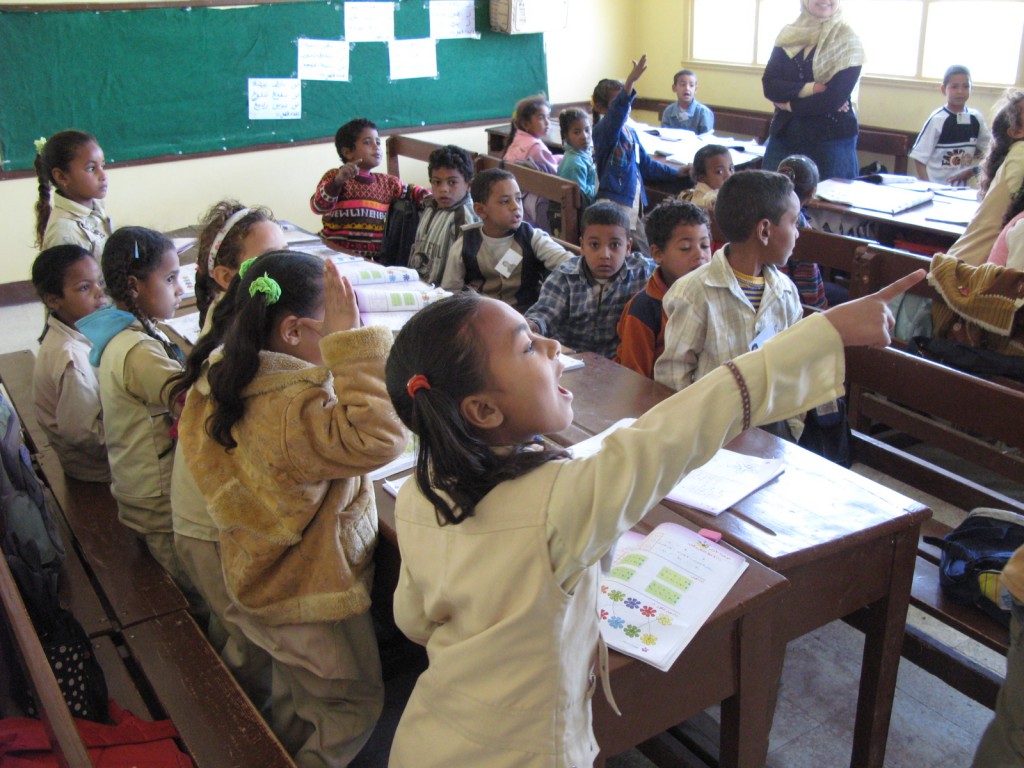
ARTICLE 9
The Prime Minister’s Resolution No. 719 of 2020 continues to apply. This concerns the precautionary measures taken to reduce the number of employees in the units of the state’s administrative apparatus, public sector companies, and public business sector companies.
ARTICLE 10
Articles 1 to 9 are to be valid for a period of fifteen days (until May 8).
ARTICLE 11
The decisions of the Prime Minister No. 606 and 724 will continue to be implemented for the year 2020 until further notice. The first respectively concerns the suspension of all activities that require the presence of any large gatherings of citizens, and Resolution No. 724 of 2020 regarding the suspension of performances held in cinemas and theaters, until further notice.
ARTICLE 12
The suspension of international air traffic continues in all Egyptian airports until further notice.
ARTICLE 13
Any violations to these taken decisions will result in a jail term or a fine not exceeding 4,000 EGP.
ARTICLE 14
The previous decrees 852 and 768, passed by the Prime Minister, will remain in force and will continue to be applied provided that no further decrees modify them or that there are any contradictions with any legislation.
Decree 786 is concerned with the framework of the state’s plan to protect citizens in accordance to the Emergency Law while decree 852 enforces the continuation of the partial curfew.
ARTICLE 15
These decisions were published in the official gazette, and have been enforced starting April 23.
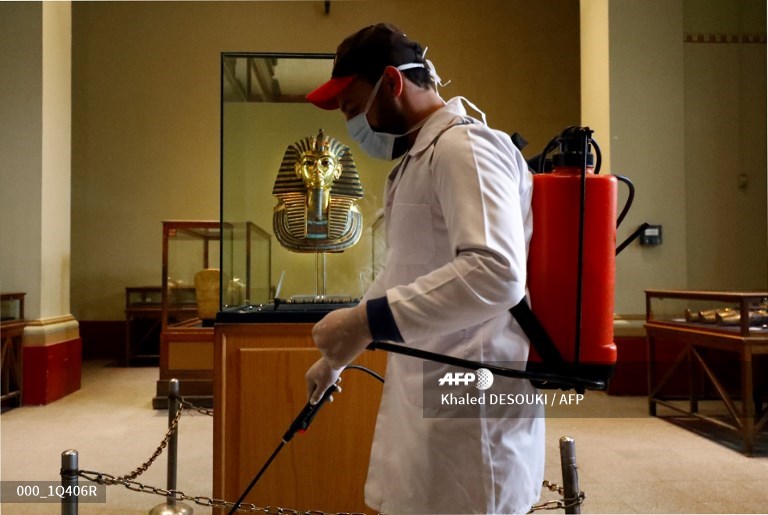
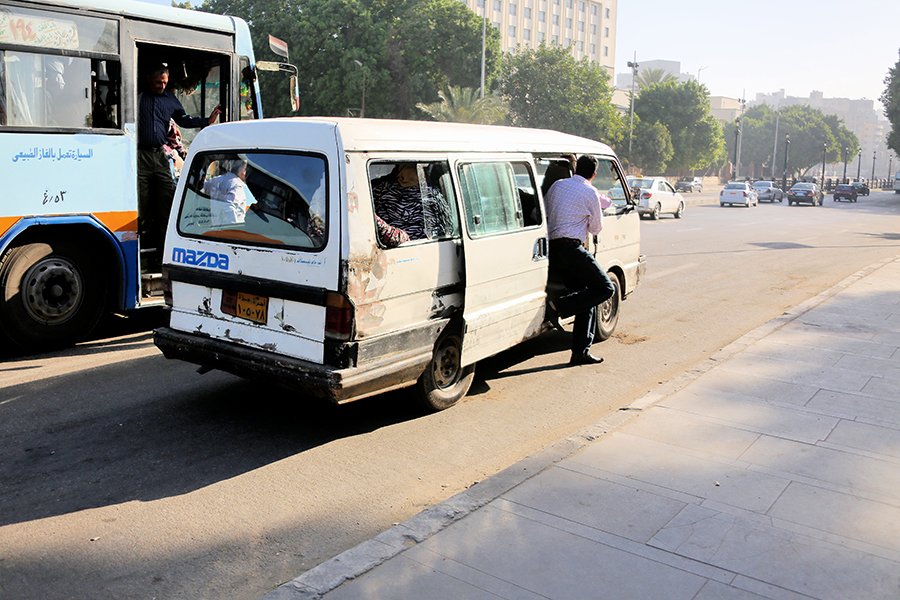




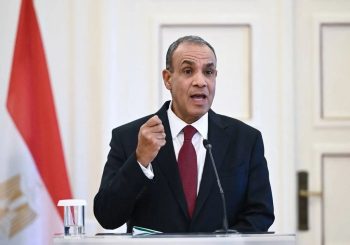

Comments (3)
[…] the number of measures that were implemented to contain the virus, Egypt’s unemployment rate increased to 9.2% since […]
[…] Egypt’s isolation hospitals are at maximum capacity. Yet, Egypt continues to ease restrictions placed to ‘flatten the curve’ and fight the spread of COVID-19. Yet, no enforcement […]